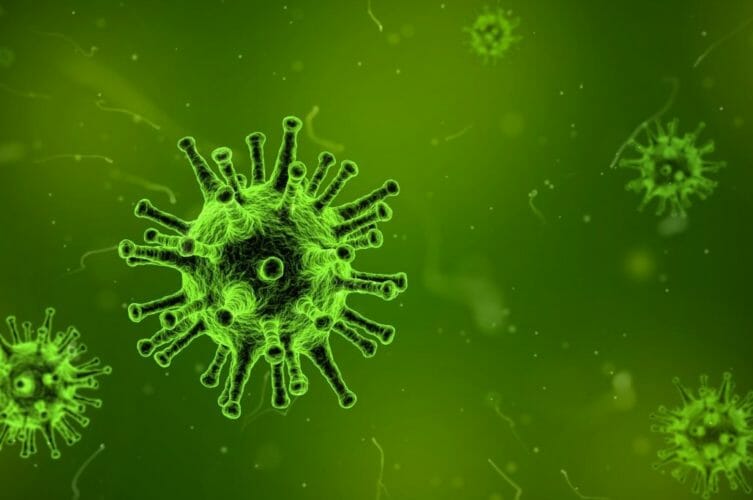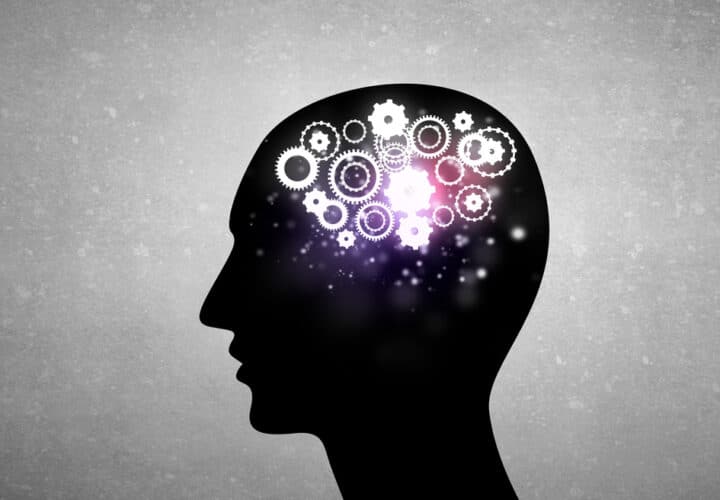A recent study investigates the possibility of neuropsychiatric conditions like depression, anxiety and insomnia resulting from COVID-19.
Because of their lasting effects on the brain, strains of the coronavirus — possibly including COVID-19 — could cause the onset of some of the same neuropsychiatric conditions associated with neurodegenerative disorders like Alzheimer’s.
A recent study in Brain, Behavior, and Immunity by Dr. Emily Troyer and colleagues at the University of California San Diego investigates the possibility of “a crashing wave” of oncoming neuropsychiatric conditions as a result of COVID-19.
“Past pandemics have demonstrated that diverse types of neuropsychiatric symptoms … may accompany acute viral infection, or may follow infection by weeks, months, or longer in recovered patients,” the authors stated.
They review past pandemics and epidemics, tracing a history of neuro-invasive viral infections from influenza and coronaviruses, stitching together the bigger picture: an increased incidence of insomnia, anxiety, depression, mania and delirium — what past scientists referred to as “psychoses of influenza” — all echoing from virus pandemics in the 17oos and 1800s.
Throughout the 1900s, more evidence of viral infection inciting neuropsychiatric conditions appeared. In a recent article in Microbial Instincts drawing on the study, dementia researcher Shin Jie Yong writes:
“During the early 20th-century, after the Spanish flu pandemic, cases of encephalitis lethargica spiked globally. It’s a form of brain inflammatory disease accompanied by Parkinsonism, catatonic schizophrenia, psychosis, and excessive sleepiness. “Almost 100 years after the encephalitis lethargica epidemic, its etiology remains enigmatic, raising the possibility of a recurrence … in a future influenza pandemic,” writes Sherman McCall, MD, at the U.S. Army Medical Research Institute of Infectious Diseases.
SARS survivors are also more likely to develop neuropsychiatric disorders at 31–50 months post-infection, compared to the non-infected. The data shows that 54.5% of SARS survivors had PTSD, 39% had depression, 36.4% had pain disorder; 32.5% had panic disorder, and 15.6% had obsessive-compulsive disorder. Whereas the prevalence of these disorders was only 3% before the SARS epidemic.”
In another recent article, Yong reviews what we’ve learned about the potential impacts of COVID-19: Past research involving related strains of SARS-CoV has “proven beyond doubt” that coronaviruses can have an impact on the brain, according to Abdul Mannan Baig a professor of biological and biomedical sciences at the Aga Khan University in Pakistan.
And according to Dr. Troyer and colleagues’ research, there is now definitive evidence for neuro-immunopathology and neuropathology associated with coronaviruses.
But when it comes to COVID-19 specifically, it’s simply too early to know whether this pandemic will be the launching point for lifelong neuropsychiatric conditions. In part, this is because neuropsychiatric disorders like schizophrenia and Parkinsonism linked with the virus infections sometimes didn’t manifest in people effected for years, decades or even until the next generation.
Per Dr. Troyer and colleagues’ review, “Beyond acute infection, the delayed or chronic effects of this pandemic, particularly on public mental health, will not be fully appreciated for several years.”





